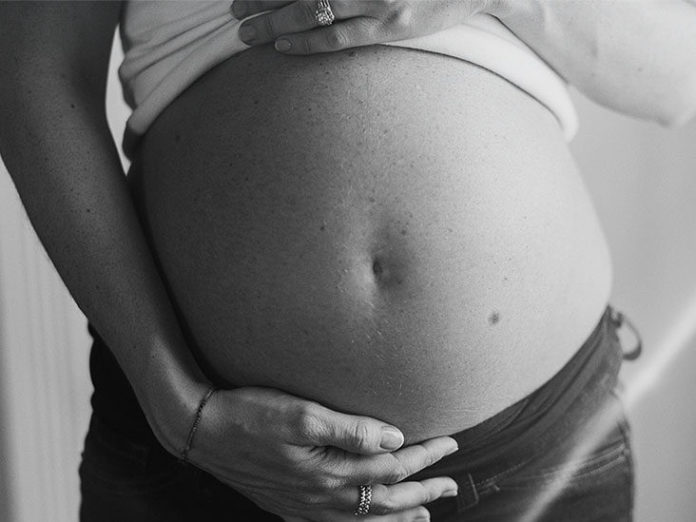Throughout pregnancy, your body goes through a variety of changes, from breast soreness in the first trimester to backaches in the third. Prepare for what’s to come with this week-by-week list of pregnancy symptoms. ALSO READ: TIPS TO KEEP IN MIND DURING PREGNANCY
1st week
Because physicians calculate your due date from the first day of your last period, you aren’t officially pregnant yet. Typical menstrual symptoms include bleeding, cramps, aching breasts, mood changes, and so forth.
Week 2
Week two is when ovulation happens. Your ovary will release a developed egg into your fallopian tube, where it will wait to be fertilised by sperm. Twinging lower abdomen discomfort (mittelschmerz), breast soreness, a slick secretion that mimics egg whites, and an elevation in basal body temperature are all signs of ovulation. ALSO READ: SIGNS THAT YOU MIGHT BE PREGNANT
Week three
The fertilised egg inserts into the uterine lining during week three. “Implantation bleeding” causes moderate stomach cramps or light spotting in some people. If you’re bleeding profusely or experiencing severe pain, see your doctor; this might suggest an ectopic pregnancy, in which the embryo implants outside of the uterus (usually in the fallopian tube).
Week four
This week, your pregnancy test might come back positive—congrats! One of the first indicators of pregnancy is breast discomfort, which can make your bra seem more unpleasant at this time. Some people also experience exhaustion, constipation, bloating, and mood fluctuations, as well as a heightened sense of smell or taste. But don’t fret if you haven’t seen any pregnancy symptoms yet; they may take a few weeks to manifest.
5th week
Mood swings caused by hormones cause an outpouring of emotions in week five. For no apparent reason, your emotions will shift from pleased to melancholy to furious. Other early pregnancy symptoms, like as exhaustion and breast soreness, are likely to have lingered as well.
6th week
Week six delivers one of the most dreaded symptoms for some women: morning sickness (although it may start further along in your pregnancy). Food desires and aversions can be exacerbated by your heightened sense of smell, which sets the setting for food cravings and aversions. Morning sickness may last throughout the second trimester, so discover strategies to deal, such as eating smaller meals, taking ginger, using acupressure bracelets, and avoiding triggering foods.
7th week
Another early pregnancy symptom is frequent urination. The pregnancy hormone hCG, your developing uterus squeezing the bladder, and your kidneys working extra hard to clear waste are all contributing reasons. Make sure to take lots of potty breaks on your next trip to the movies!
Week eight
Nausea, breast tenderness, exhaustion, frequent urination, mood swings, bloating, and other pregnancy symptoms are probably at their peak right now. Extra saliva in your mouth is another odd symptom that might linger until the end of the first trimester. Hormonal surges, coffee withdrawal, stress, and dehydration are all factors that contribute to headaches.
Week nine
Did you realise that pregnancy wreaks havoc on your gastrointestinal system? In addition to the nausea that comes with morning sickness, many people experience constipation and excess gas. But don’t worry: after the first trimester, most of these gastrointestinal problems will go away.
Week ten
Do you have a radiant complexion? In the first trimester, some women will have a dazzling “pregnancy glow,” while others will suffer from hormone-induced acne. Each week, you’ll see your breasts—and your belly—growing larger.
11th week
Aches and cramps around your abdomen may be caused by your growing baby bulge. This circular ligament discomfort can range from moderately bothersome to very severe. Furthermore, a clear discharge in your underwear (leukorrhea) indicates that your body is striving to eliminate microorganisms.
12th week
Did you know that during pregnancy, your blood volume rises by roughly 50%? Visible veins on the skin are one of the negative effects, which are more obvious in fair-skinned women.
